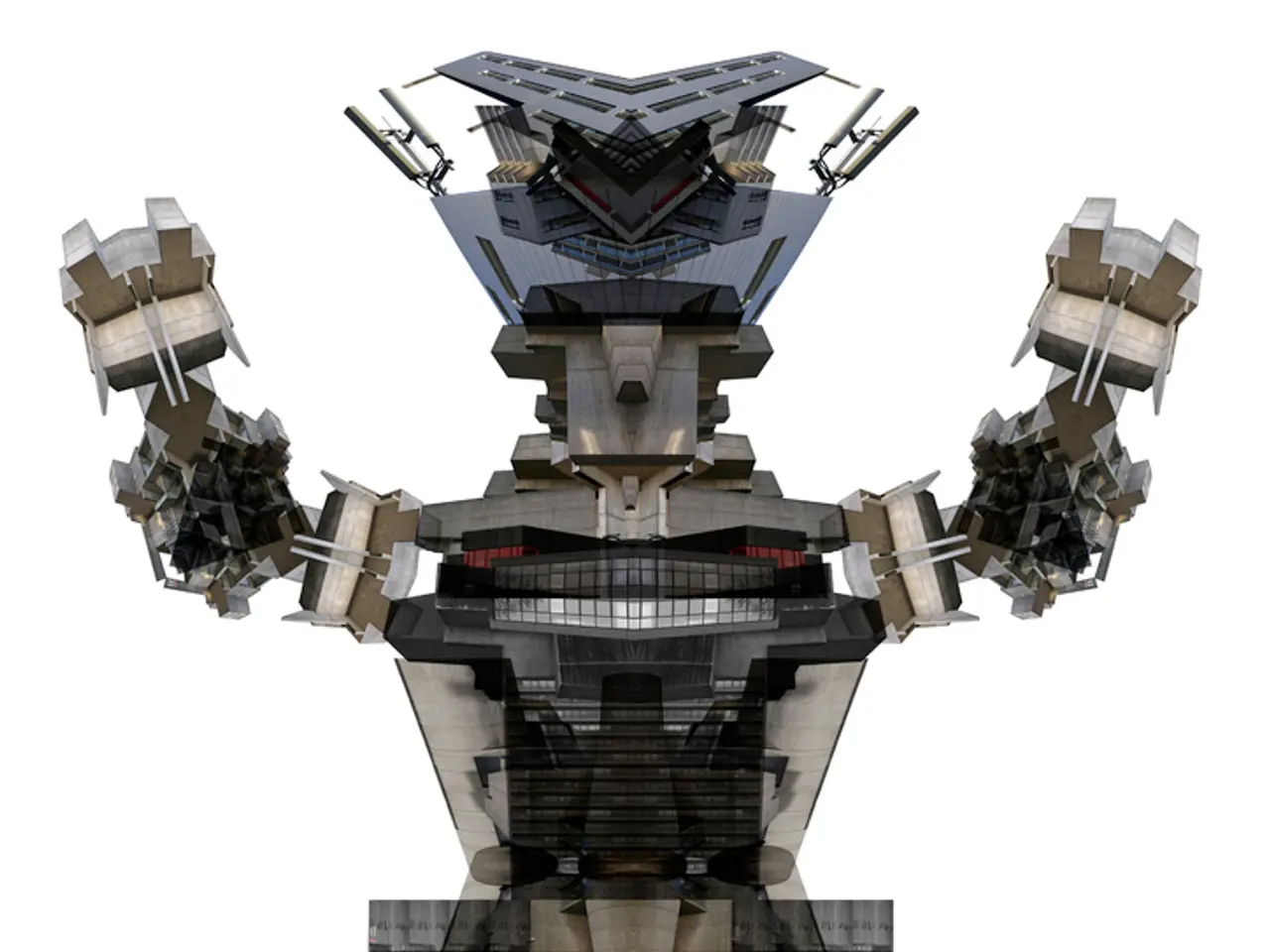Robotics Engineering is a specialization within the field of Mechanical Engineering.
In the realm of technology, robotics engineering stands as a fascinating intersection of various disciplines, notably mechanical engineering. While mechanical engineers have long been designing and building machines, robotics engineering takes this a step further by infusing these machines with intelligence.
Mechanical engineers are the architects of motion and force, ensuring that machines move smoothly and stably. They design the structure and physical layout of these machines, incorporating components like arms, joints, gears, wheels, tracks, legs, grippers, and manipulators. However, in the world of robotics, they take on a more specialized role, crafting robotic systems that go beyond traditional machines.
Robotics engineering requires more than just mechanical expertise. It demands a deep understanding of advanced mathematics, such as kinematics and dynamics, signal processing, real-time system integration, human-robot interaction, and systems engineering. These skills are essential for managing the complexities of hardware-software integration and autonomous behaviour.
The tools of the trade in robotics engineering are as diverse as the field itself. Mechanical engineers continue to use CAD and SolidWorks, but they also wield new tools like ROS, Arduino, and Python. AI algorithms are a crucial part of the toolkit, enabling intelligent decision-making, object recognition, and path planning in modern robots.
Electrical and Electronics Engineering plays a vital role in robotics, controlling motors, circuits, sensors, and power systems. Computer Engineering/Software programs the robot's brain, enabling it to move, process data, and make decisions.
Robotics engineering goes beyond the foundations of mechanical engineering. It is a field that combines principles from Mechanical Engineering, Electrical and Electronics Engineering, Computer Science and Software Engineering, Mechatronics Engineering, and Artificial Intelligence and Machine Learning.
Mechanical engineers bring their expertise to the table, selecting the right materials for strength, flexibility, and durability in robot construction. They ensure that robots can withstand thermal and mechanical stress, making them suitable for industrial environments.
Many students pursue a master's in robotics after a bachelor's in mechanical engineering to gain interdisciplinary expertise. The scope of Mechanical Engineering is broad, covering areas like HVAC, automotive, and energy, while Robotics Engineering is more specialized, focusing on automation, AI, and autonomous systems.
In essence, mechanical engineering provides the foundational expertise in designing mechanical systems, while robotics engineering extends this foundation by incorporating electronics and computing to create intelligent, integrated robotic machines with autonomy and complex functionality. Robotics Engineering is a part of Mechanical Engineering, but it represents just one part of a larger puzzle.
- Robotics engineering, an extension of mechanical engineering, merges advanced mathematics, electrical and electronics engineering, and computer science to craft robotic systems with intelligence.
- In the pursuit of education-and-self-development, many students choose to study a master's in robotics after a bachelor's in mechanical engineering, acquiring interdisciplinary expertise in robotics engineering, artificial intelligence, and machine learning.
- The field of robotics engineering is not limited to mechanical designs; embedded systems, AI algorithms, and machine learning are essential components, transforming robots into autonomous, decision-making machines.



